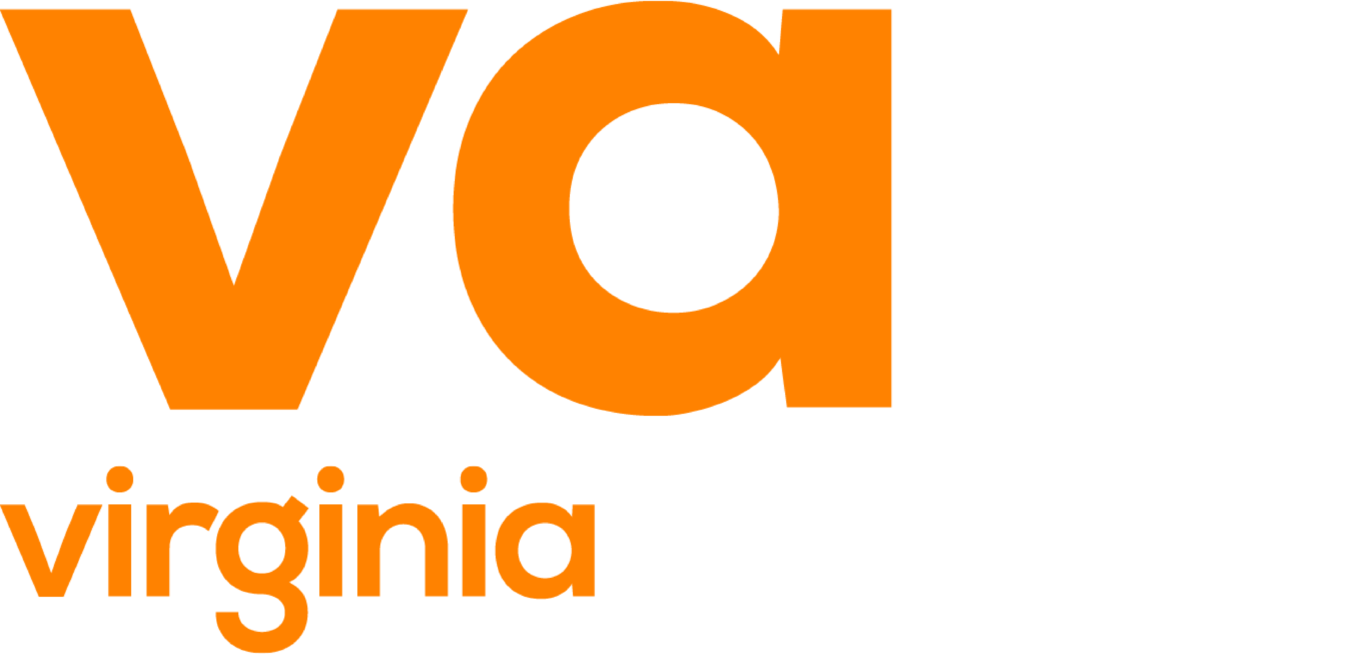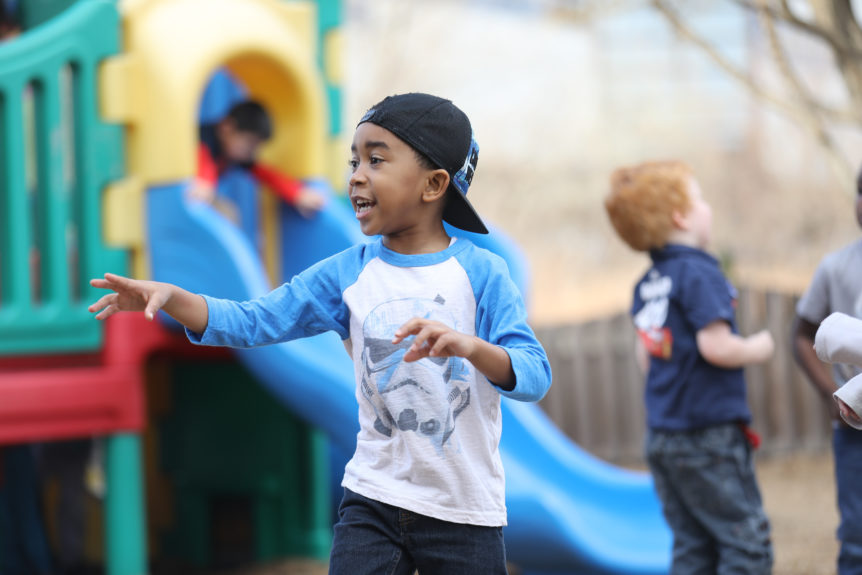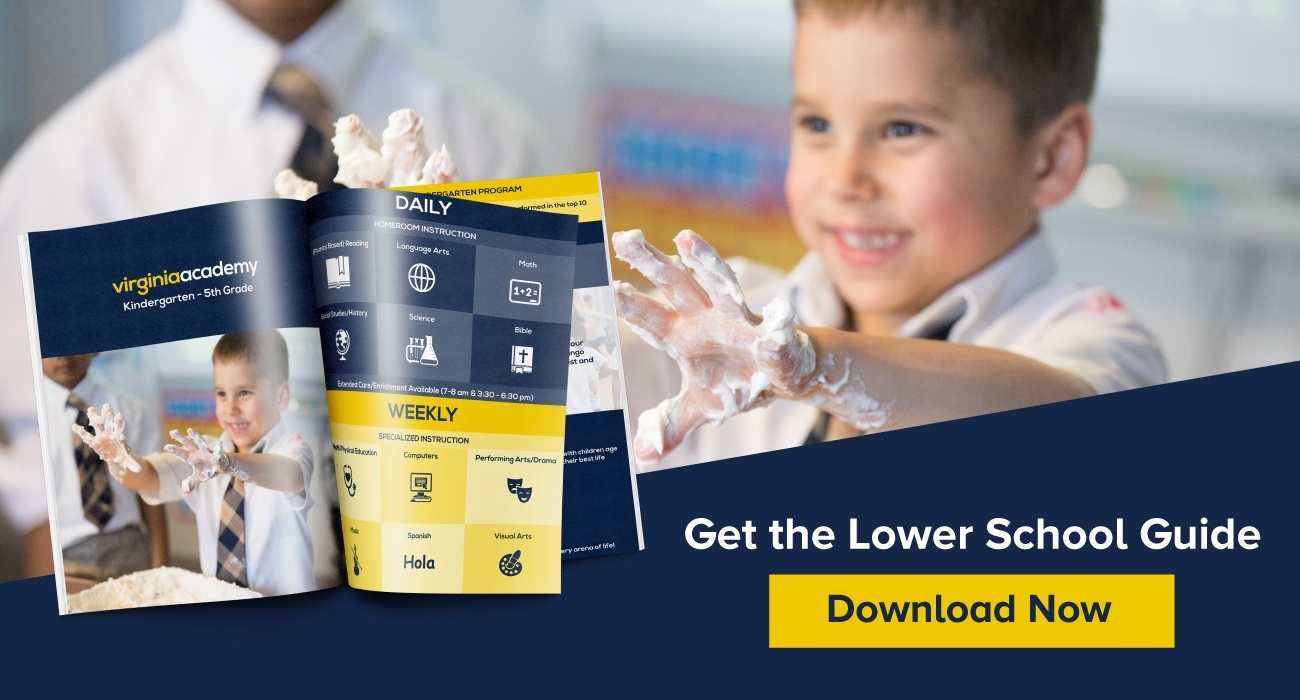Small class sizes have become a key selling point in private education, and with good reason. “Small classes” aren’t trendy—they are effective at fostering student success. In a private school setting such as Virginia Academy, you and your student become cherished members of the academic family. Your child is not just a number. Each student matters profoundly to the academic community, and each has something unique to offer the school and their fellow students.
Small classes = robust interaction
In a small class, teacher-student and peer interaction are essential to the learning process. Small classrooms foster lively discussion, debate, and interaction, rather than relying on lecture alone. These environments ensure that every student is consistently engaged, as well as helping students enjoy the learning process.
Small class sizes allow for individualized instruction
One of the key advantages of private education is the one-on-one attention allowed by small class sizes. With low teacher/student ratios, it becomes nearly impossible for your child to fall through the cracks. Each student can receive the individualized attention they need to flourish. Ideally, look for a student/teacher ratio close to 10 to 1.
Small classes foster a love of learning
Nothing prepares a student for a lifetime of success like developing an enduring sense of curiosity and delight in learning. Fostering a lifetime love of learning is one of the most critical skills that any school can impart to their students. With small class sizes and educators who are excited about teaching, students are able to receive the most personalized, specialized, and delight-driven education possible.
“We believe the early years in a child’s education are so important in their overall development and we found that at Virginia Academy. Our experience with the Virginia Academy has been amazing.” – Cynthia Knight
Individualized attention supports character development
Private schools should focus not only on academics, but on the character development of their students. A successful graduate of a private Christian school should not just be a good student, but a good human being and contributing citizen of the world. Christian schools work hard to impart to their students:
- Leadership skills
- A servant’s heart
- Humility
- A solid work ethic
- A global perspective
- A compassionate spirit
- And a heart for the marginalized
According to the Council for American Private Education, “Students who attend religious schools have fewer behavioral problems than their counterparts, even when adjusting for socioeconomic status, race, and gender.” That translates into fewer gangs, fewer drugs, and greater racial harmony in religious schools than in public schools.
Why are students more successful in religious schools? Jeynes believes that such schools “have higher expectations of students and encourage them to take hard courses,” adding that religious schools subscribe to the notion that “students are often capable of achieving more than they realize.” -Council for American Private Education.
Virginia Academy Takes Pride in Our Small Class Sizes
Smaller class sizes, favorable ratios, and teachers focused on individual student success help everyone receive the attention and support needed to excel at their highest level. We believe in the positive effect that small class sizes have on the individual student, and we’ve seen the success firsthand of students who transfer to Virginia Academy from other schools and thrive in our class environment.
Want to learn more about the individualized academic attention offered at Virginia Academy? Start here.


